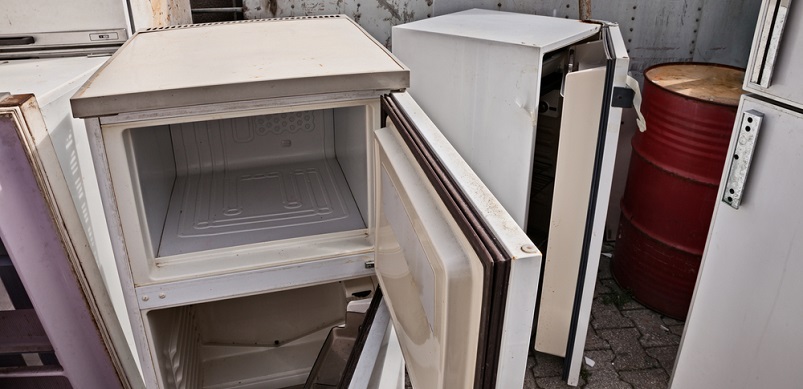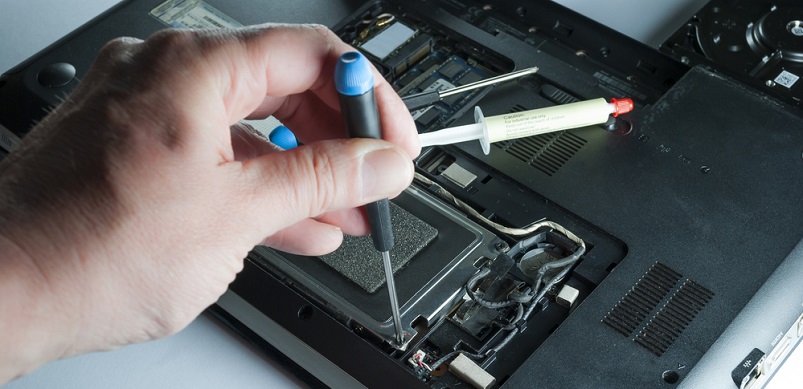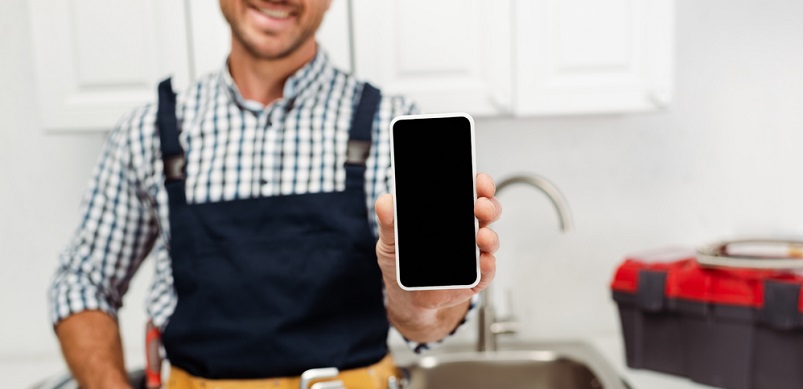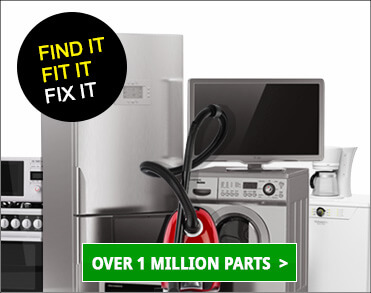
Why it's better to repair and reuse your appliances rather than recycle them
April 7, 2022 | Appliance Advice | Repair, Re-use & Recycle | No comments
Considering the millions of tons of e-waste that are generated globally every year, it’s a great thing that the world is constantly becoming more recycle-friendly and aware of waste. That being said, recycling isn’t the be-all and end-all for discarding our household goods and appliances…
In fact, without the right knowledge of what can and cannot be recycled, we can sometimes end up doing more harm than good – even with the best intentions. That’s why it’s vital to know why recycling on its own unfortunately just doesn’t cut it, and what we can do to take things a necessary step further when handling our waste on both a personal and global scale.
The reality behind recycling

When it comes to sensibly disposing of your old goods, appliances and electronics, you might be surprised to discover how little actually get recycled. According to National Geographic, only a shocking 9% of plastic ends up getting recycled, with the vast majority instead ending up in landfills. A huge part of this problem comes down to throwing away our appliances and goods that we believe to be entirely recyclable when, in reality, many of the components are either not fit for recycling or simply end up getting thrown away along with the non-recyclable parts too.
Even more shocking is the EPA’s revelation that, of the annual 2.2 million tons of waste generated through specifically small appliances such as toasters and coffee makers, only 5.6% is recycled with more than three quarters (75.9%) ending up in landfills. Even after magnetic separation, which certainly isn’t a practice applied to all appliances during the recycling process, only a small amount of ferrous metals in small appliances get recycled.

And unfortunately, it doesn’t stop there. Refrigerators, for example, are often up to 95% recyclable… yet approximately one million are dumped in unlicensed plants or fly-tipped on a yearly basis. This results in the release of harmful gases into the environment… and recycling isn’t solving the issue either. Even when refrigerator owners send their appliances away for recycling, some recyclers end up capturing less than a quarter of these gases according to the Environment Agency.
All in all, these statistics reveal that recycling is far from the perfect solution for safely disposing of our waste, even when we try to do everything in our power as appliance owners. This is why we need to take it upon ourselves to make sure our goods are thrown away or passed on properly.
Repairing and reusing over recycling

Of course, here at eSpares, we have long pushed the message of “repair, don’t replace,” and today that message is more important than ever. Dumping our recyclable goods is harmful, doing what we can to see them recycled is better… but repairing and reusing them entirely is the best way to go. For far too long have we let our throwaway culture take the reins, which is why we’re urging you to help us combat it once and for all. And we’re not alone.
We’re incredibly proud to be sponsoring the Restart Project, a wonderful organisation fighting the good fight for a more sustainable future. Among their efforts to encourage the masses to care for their older goods in more sustainable ways, they have been hosting a wide range of repair events since 2012 to help teach people how to repair and reuse their broken or damaged devices. Through their work, we can all see that there are far more effective ways to maintain, reuse or pass on our everyday goods that far outweigh the benefits of recycling.

Ugo Vallauri, one of the founders of the Restart Project, has a great deal to say on the current issues regarding recycling and what we can do to make things better;
“Most of the critical raw materials used to make things like smartphones have recycling rates that are close to 0%. So you may think you are taking your old phone to be recycled but that is far from the truth. The only thing we can do to avoid this is to extend the life of our appliances and electronics, especially as for many items we see at community repair events, most of the global warming impact occurred before they were used for the first time. There has been a lot of focus on recycling, but we think we should put repair and reuse first and recycling last. If people learn to repair more and have the access to spare parts and information, they are likely to care more about the product that they own and when it is no longer repairable, they will recycle it properly.
“One of our big lessons, valid across all devices, is maintenance. This can prevent your items from breaking. For instance, cleaning the filter of your washing machine or ensuring that you top up the salt dispenser of your dishwasher can make a huge difference in making an appliance last longer and preventing faults. The second is to think twice before buying a new product and consider repairing the one you have.”
Embrace the alternatives

Ultimately, the journey to making our planet more sustainable by caring for appliances and making them last as long as possible is one that will never end… and that’s no bad thing! For as long as we are using electronic, plastic and metal goods in such large quantities, it is our duty to ensure we do everything in our power to prevent them from harming the world as much as possible.
So whether your kettle doesn’t seem to be heating up properly, your vacuum cleaner is on the blink or your phone is looking a little worse for wear, think before you throw it into the recycle box. The appliances you own that might seem to be on their last legs could have many, many years ahead of them with a little TLC… and repairing such appliances instead of replacing them will not only make less of an impact on your wallet, but also a much larger one when it comes to sustaining the earth we share. And of course, when throwing an appliance away is the only option, a little thought and research can go a long way in making sure you recycle it in a safe and helpful manner.
Before you go, head over to our interview with Ugo to find out more about the Restart Project, the amazing work they do and what you can do to help make the world more repair-friendly!
Tags: appliance repair, Appliance Repairs, Recycling, Right to Repair, The Restart Project

